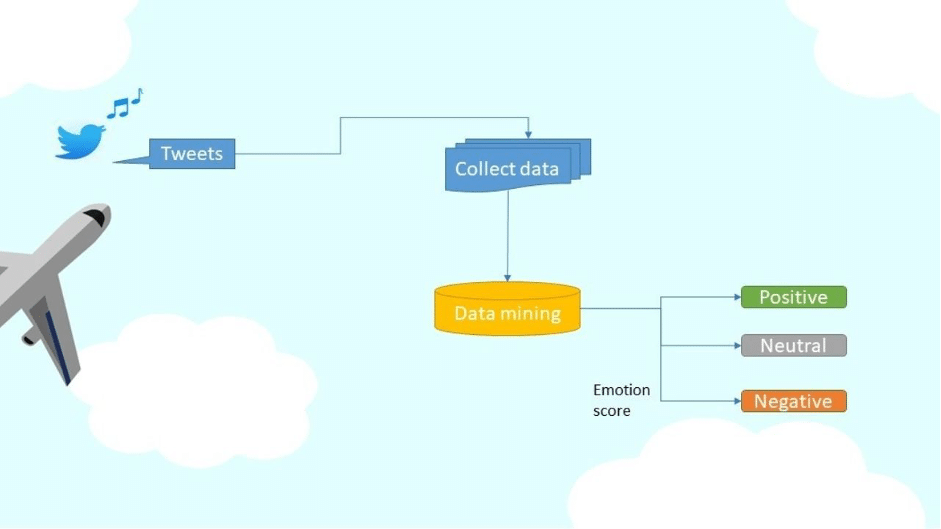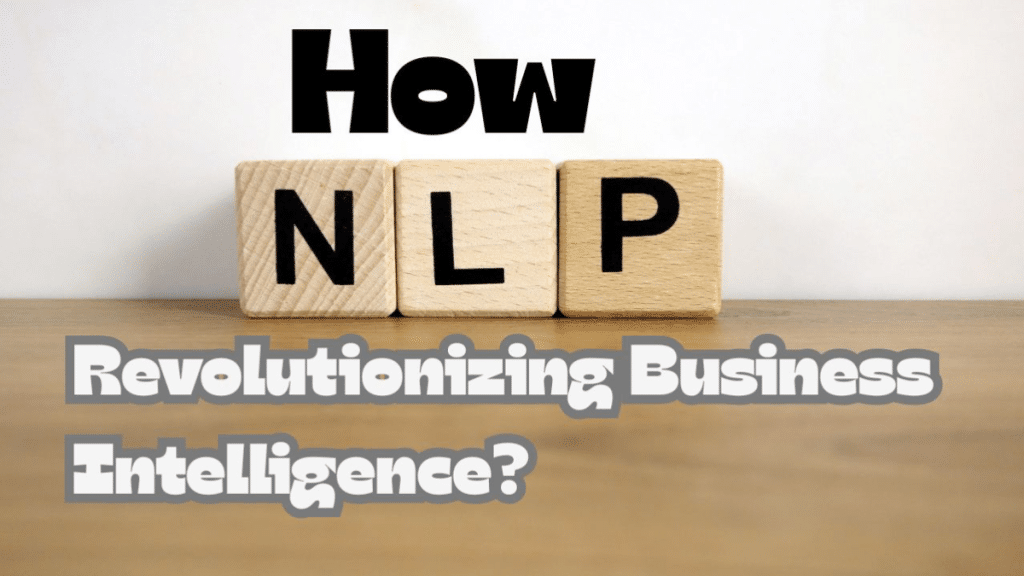In today’s world, businesses are constantly gathering huge amounts of information. This information can come in many forms, like numbers and statistics in spreadsheets or comments and reviews from customers on social media, emails, or surveys.
While businesses are really good at collecting this data, the bigger challenge is figuring out what it all means, especially when it comes to the information that isn’t neatly organized, like text. A lot of this unorganized data, which makes up a huge portion of all the information available, is often ignored, and that means businesses are missing out on valuable insights.
Traditional tools, known as Business Intelligence (BI) systems, are great at handling things like numbers and tables. However, they are limited when it comes to processing unorganized data, like customer feedback, reviews, and social media comments. In fact, more than 80% of the data available today is unstructured (unorganized), which makes it difficult for businesses to get the full picture.
This is where Natural Language Processing (NLP) comes in. NLP is a special technology that helps machines understand and respond to human language, making it possible to analyze all that unorganized data and find important insights.
What is NLP and How Does it Help Businesses?
NLP is a technology that teaches computers to understand human language, like how we talk or write. It can do things like figure out the feelings behind customer comments, find important details in text, or even summarize long pieces of writing. The key benefit of NLP is that it helps businesses process information that is usually hard to analyze, like text in emails, reviews, or social media posts.
In the world of business, NLP can be used to dig through large amounts of text data, such as customer feedback or product reviews, and help businesses discover patterns and trends. This allows companies to understand what customers are saying, what their concerns are, and what they like or dislike about a product or service.
Here are some ways NLP is being used in BI:
- Sentiment Analysis: Businesses can look at customer feedback and figure out whether people feel positive, negative, or neutral about a product or service.
- Extracting Information: NLP can quickly find important details in long emails, reports, or documents, so businesses don’t have to read everything manually.
- Customer Service Bots: Chatbots powered by NLP can help answer customer questions quickly and in a way that feels natural, making it easier to interact with companies.
- Summarizing Reports: Instead of reading through long, complex reports, NLP can automatically summarize the main points, making it easier for managers to understand key information.
These are just a few ways NLP helps businesses use their data in smarter ways. By understanding text-based data more easily, companies can make faster decisions and better understand their customers’ needs.
Real-World Applications of NLP in Business Intelligence
To better understand how NLP is influencing BI, let’s explore some real-life examples of companies effectively implementing NLP to gain a competitive advantage.
1. Delta Air Lines: Using NLP for Customer Sentiment Monitoring
Delta Air Lines collects vast amounts of customer feedback through various channels, including surveys, social media, and direct communications. Manually processing this feedback to identify recurring issues would be a monumental task. Delta needed a solution that could handle this data efficiently.

NLP Solution:
Delta implemented an NLP-driven sentiment analysis system, which could automatically assess customer feedback and classify it as positive, negative, or neutral. The system also identified common themes, such as complaints about delays or baggage handling.
Outcome:
With the real-time insights provided by sentiment analysis, Delta is able to swiftly identify and address customer pain points. For instance, when feedback indicated recurring issues with baggage handling, Delta took proactive steps to rectify the situation, leading to higher customer satisfaction and a more positive brand reputation.
2. Amazon: Enhancing Product Recommendations with NLP
As one of the largest e-commerce platforms globally, Amazon faces the challenge of offering personalized product recommendations amidst its millions of listings and customer interactions. Traditional recommendation engines often miss the subtleties of customer preferences, which can affect the quality of the suggestions.
NLP Solution:
Amazon integrated NLP into its recommendation system, enabling it to better understand customer preferences. The AI analyzes various factors, including customer reviews, search queries, and past purchase behavior, to offer more contextually relevant product suggestions.
Outcome:
By applying NLP, Amazon is providing highly tailored recommendations that resonate with individual customers. This personalization increased both customer satisfaction and sales, as users were more likely to purchase items that matched their unique interests.
3. JPMorgan Chase: Automating Legal Document Analysis with NLP
JPMorgan Chase processes a large volume of legal documents, financial agreements, and contracts every day. Reviewing these documents manually is time-intensive and prone to human error. The bank needed a faster, more efficient solution that could still maintain a high level of accuracy.
NLP Solution:
JPMorgan implemented an NLP-powered document analysis tool that could automatically extract essential clauses, identify risks, and summarize complex contracts. This system is trained to recognize specific legal terms and capture critical details such as payment terms, penalties, and other obligations.
Outcome:
NLP significantly reduced the time spent reviewing contracts, from thousands of hours to just a few minutes. This increased operational efficiency while ensuring accuracy and compliance, minimizing the potential for errors in legal and financial documents.
Final Words
The ability to extract meaningful insights from unstructured data has become a necessity rather than a luxury in today’s business world. AI and NLP technologies are a game-changer for BI, allowing companies to analyze text data at scale, automate workflows, and gain deeper insights into customer needs.
From Delta’s sentiment analysis to Amazon’s recommendation engine and JPMorgan’s contract automation, NLP is already transforming industries. If you want to stay ahead in an increasingly data-driven landscape, now is the time to explore NLP-driven BI solutions. Whether you’re enhancing customer service, automating reports, or improving decision-making, NLP holds the key to a smarter, more efficient future.
